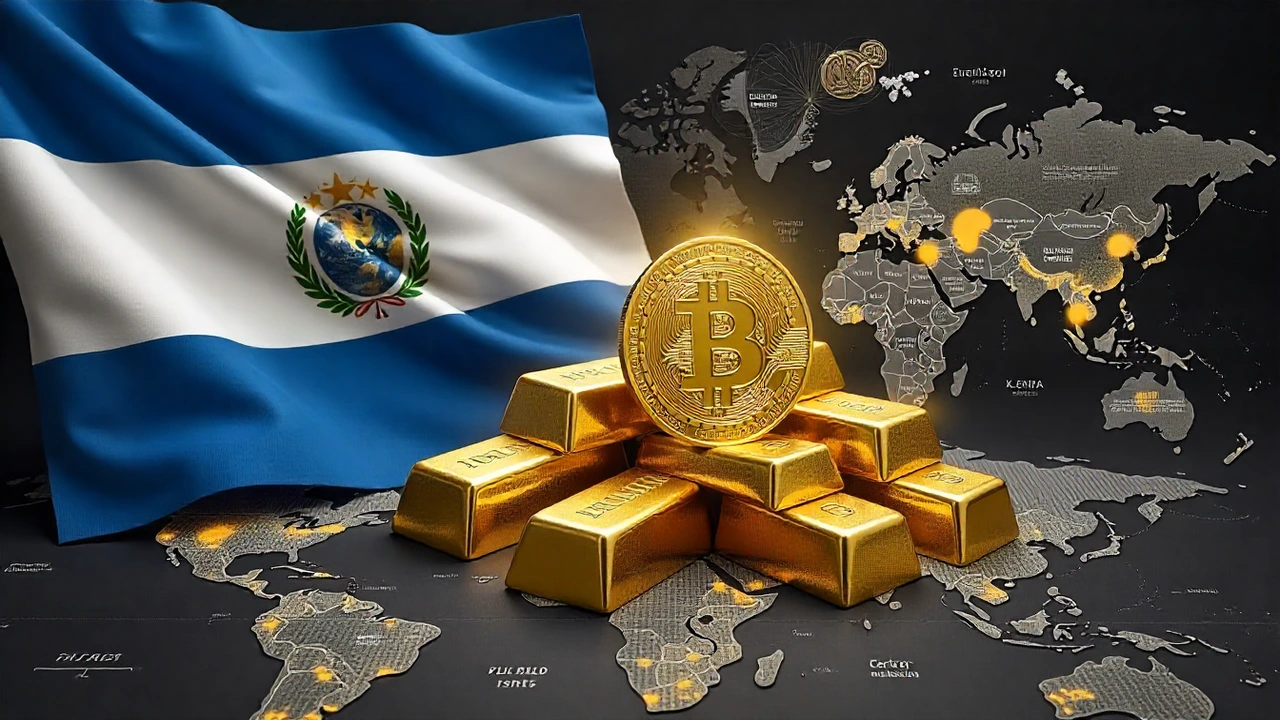Catenaa, Sunday, September 14, 2025-El Salvador has acquired 13,999 troy ounces of gold as part of a diversification strategy, highlighting that Bitcoin, while increasingly used as a tactical reserve, remains far from a global reserve currency.
Experts note that Bitcoin’s structural limitations, including high volatility, limited liquidity, and lack of sovereign backing, prevent it from replacing the US dollar or gold in central bank reserves.
Global foreign exchange reserves have grown to $12 trillion, predominantly held in US dollars, followed by the euro. Gold holdings are rising, particularly among emerging-market central banks, as nations seek stability amid geopolitical risks and capital flow volatility.
Central banks rely on reserves to stabilize their currencies and safeguard economies from sudden shocks, emphasizing assets that are liquid, safe, and widely trusted.
Bitcoin shares some features with gold, including scarcity and store-of-value characteristics, and is increasingly integrated into institutional portfolios.
However, it lacks depth, regulatory trust, and sovereign guarantees. Market challenges such as fragmented trading venues, wide bid-ask spreads, and high volatility reduce its suitability for traditional reserve management.
Despite these limitations, Bitcoin can provide diversification in reserves, complementing gold and serving as a non-sovereign hedge amid rising global debt, sanctions, and geopolitical fragmentation.
Growing institutional adoption through ETFs, derivatives, and regulatory frameworks such as Europe’s MiCA and US stablecoin rules is also increasing Bitcoin’s legitimacy as a reserve-adjacent asset.
While it will not supplant traditional reserve assets, Bitcoin may play a strategic role alongside gold and sovereign bonds, helping central banks modernize portfolios and prepare for a more diverse global financial landscape.


